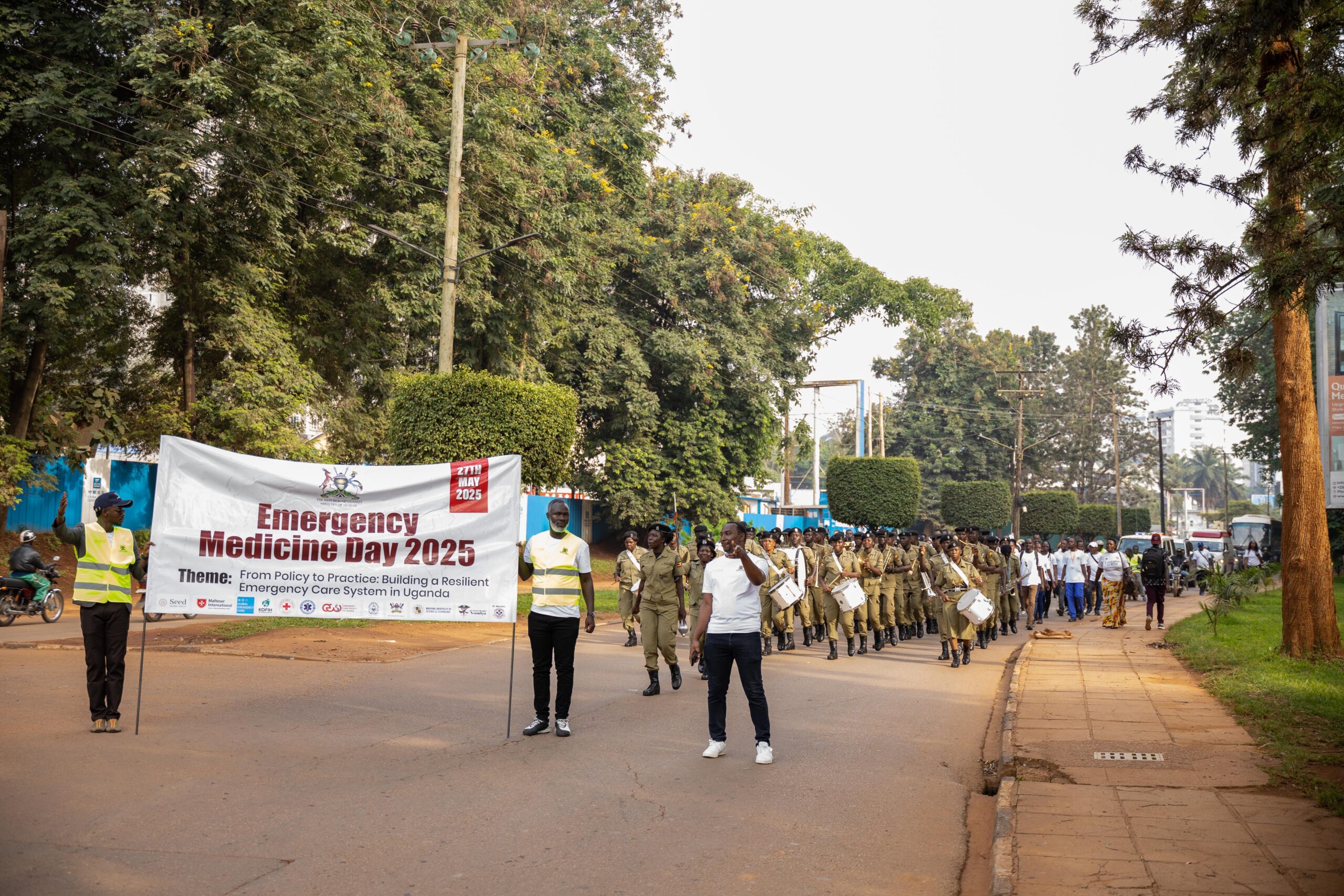Cape health departments struggle with enforcing local, state COVID-19 regulations
Cape Cod Times
Cynthia McCormick
July 29, 2020
Dr. Vanessa Kerry worries about the Cape this summer.
“My fear has always been about the summer and the influence of out-of-state tourists wanting some freedom from a long and difficult spring,” said Kerry, director of the Program in Global Public Policy and Social Change at Harvard Medical School.
Vigilance, she said, is critical for the next two weeks, traditionally the busiest of the summer, with a heat wave driving people to the Cape’s beaches, homes and restaurants for relief.
“I think our actions now are absolutely going to impact what happens in the fall,” Kerry said. “If we relax now, and crowds come in and don’t practice social distancing, masking, hand-washing, we will be seeing higher caseloads at the end of August, it will be harder to reopen schools, for businesses to remain open, for us to maintain the economy and a somewhat normal life.”
But the first line of defense, local health departments, are straining under the load of enforcing over 40 state orders on COVID-19, as well as their usual load of inspections, permitting and the handling of other diseases. Despite appeals from Gov. Charlie Baker and county and town officials for the public to use common sense and remain vigilant, enforcement invariably falls on the local health boards and departments.
“The limited money we received through the state and the county health department, that funding went to VNA nurses for contact tracing,” Yarmouth Health Director Bruce Murphy said. “There was no money for staffing, no new staff, and that’s frustrating as the governor and the state come up with all these orders to enforce.”
Murphy is down one member of his seven full-time staffers, but that’s still double, even triple, what exists in the Cape’s smaller towns. And the housing market is red hot, according to Ryan Castle, CEO of Cape Cod & Islands Association of Realtors, with many buyers seeking refuge from the cities.
That means more septic system permitting and inspections, while there also are restaurant, hotel and motel inspections as well as other housing permits for additions and rebuilds.
Yarmouth has 80 commercial hotel and motel pools, the most of any town in the state, and they also require inspection. Plus, the department handles complaints about general health issues as well as those related to violations of COVID-19 town and state orders, and oversees the VNA contact tracers.
Livestly
“I spend 80 to 90% of my time, every day, on COVID issues,” Murphy said.
Sandwich Director of Health David Mason is working long days. He says he feels fortunate to work in one of only three Cape towns with a public health nurse to augment his three-person staff, which includes an administrative assistant drafted into triaging COVID-19 calls and complaints. He says his department has things under control for the moment, but worries about the workload continuing.
“I think, as a whole, everyone is feeling overwhelmed,” Mason said. “We might be riding this into next June or later. It’s exhausting to think about.”
“Enforcement, contact tracing, quarantining are all coming together in a perfect storm,” said Cheryl Sbarra, executive director of the Massachusetts Association of Health Boards, which has 1,500 members representing the state’s 351 cities and towns.
Sbarra sees hundreds of boards of health interpreting state orders in different ways, resulting in inconsistency of enforcement that adds to the confusion. Even contact tracing, where the close contacts of someone who tests positive are contacted and told to quarantine and get tested, is more complicated on the Cape, where a highly transient population flows on and off the peninsula like a gigantic weekly tide of humanity.
Plus, town health departments already are seeing more demands on their time as schools consider how to reopen safely.
“There are many orders in place where we are charged with enforcement that are updated frequently,” Dennis Health Director Kristen Keller said. “Following the direction to take is very hard to manage.”
Sbarra said members tell her what they need is staffing, “a lot more staffing.” Some of the money from the Coronavirus Aid, Relief, and Economic Security (CARES) Act should be going to public health initiatives, she said.
“I think they need more identifiable enforcement officers, not to ticket but to educate,” Sbarra said. “And more signage.”
For now, health departments are attempting to leverage help from other municipal departments such as the police and beach personnel to educate and enforce.
At least two Cape towns now use beach safety officers.
“We are calling them COVID compliance personnel,” Harwich Recreation Department Director Eric Beebe said. The town hired 10 people to patrol town beaches and ensure compliance with town and state safety guidelines.
The Barnstable Recreation Department took staff from the Barnstable Youth and Community Center in Hyannis, which is closed due to the pandemic, and redeployed them to work as beach safety officers.
“We repurposed that staff, plus we added two more safety officers,” for a total of seven full-time safety officers, Barnstable Recreation Director Patti Machado said.
Chatham has a mandatory masking zone for the busy downtown shopping area, the fish pier, lighthouse overlook and transfer station. Police enforce it, first offering a mask and educational pamphlet, followed by a verbal warning and then the issuance of a $300 citation.
Sbarra said the feedback she gets from Cape members is that they generally experience compliance by businesses, restaurants, beaches and their clientele. But that doesn’t mean everybody is doing the right thing, and there are still plenty of complaints and calls for enforcement that test the mettle of boards of health and health departments.
“Health departments have a lot on their plates, and that’s an understatement,” Sbarra said.
Sbarra said her organization, boards of health and the Massachusetts Police Association have been working together on COVID-19 issues since March. She said they’ve been working on how police can gain compliance even with a private party through noise violations or possible alcohol violations. She said that noncompliance could result in the health department issuing a cease-and-desist order to the property owner or landlord, or citing them under the public nuisance statute for violating a public health law.
Dr. Kerry praised Gov. Baker’s handling of the COVID-19 pandemic, including the most recent order requiring testing and quarantining for visitors beyond the Northeast region. But she worried about a public weary of restrictions and the resulting complacency. Private parties, crowding at beaches and failure to wear masks could all result in a surge in cases that could affect the Cape, the state and possibly the country, she said.
The nice weather and looser restrictions of Phase 3, when gyms, museums and outdoor performance venues were allowed to reopen, may be creating a sense of complacency in some people, said Dr. David Rosman, president of the Massachusetts Medical Society.
That’s dangerous, he said.
“People are starting to feel done with COVID, even though COVID isn’t done with us,” Rosman said.
Physicians said the danger of increased infections causing a second wave of coronavirus infections this summer is real.
“Look at Japan, Hong Kong, Australia — all (are) having ‘boomerang’ outbreaks now,” said Dr. Donald M. Thea, a professor at the Boston University School of Public Health.
“There really are no exceptions to the basic biology of this disease,” Thea said in an email.
Having infected individuals mix with susceptible people for a prolonged period of time in close proximity will result in infection, said Thea, who is associate chairman of the Department of Global Health at Boston University.
Until a vaccine is widely available, no place on earth can “lift the most basic mitigation efforts without a rebound or boomerang effect,” Thea said.
There is a danger that Massachusetts might have to roll back to Phase 2 of the reopening if people do not continue to wear masks, socially distance and avoid large group gatherings.
“People need to do the right thing,” Rosman said Wednesday morning. “They can’t have these parties. They have to wear masks.”
Read the full article at capecodtimes.com.

